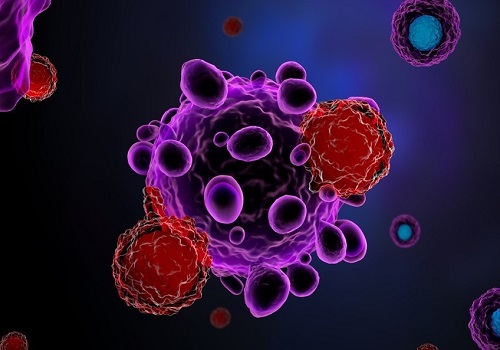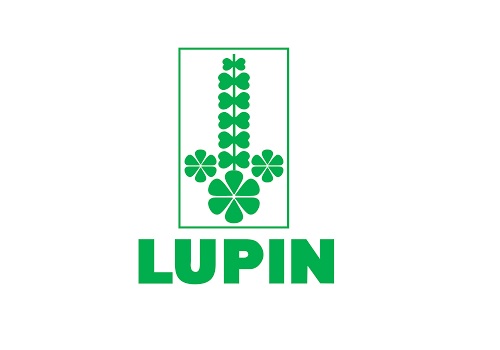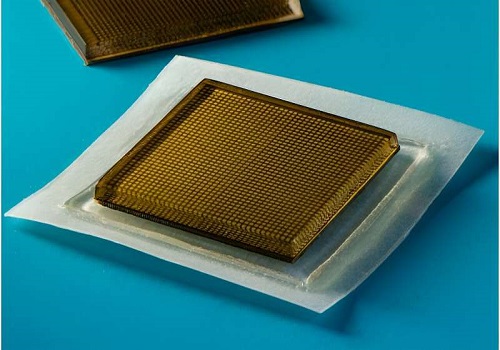Cell, gene therapy to rule pharma sector in 2024

Follow us Now on Telegram ! Get daily 10 - 12 important updates on Business, Finance and Investment. Join our Telegram Channel
Cell and gene therapy (CGT) will have the greatest impact on the pharmaceutical industry in 2024, according to a report on Thursday.
The report by GlobalData, a data and analytics company, is based on a survey of 115 healthcare industry professionals.
It revealed that 18 per cent of industry professionals were convinced that CGT will dominate as the most important trend in pharma next year. This was followed by personalised/precision medicine (16 per cent).
"Cell and gene therapies are gradually becoming more important focus areas within the healthcare industry and their full potential is still unrealised. While this is a relatively new area, with the first autologous dendritic cell therapy Provenge approved in 2010 for prostate cancer, these therapies promise life-changing treatments for a broad spectrum of complex diseases ranging from genetic conditions to cancers," said Urte Jakimaviciute, Senior Director of Market Research at GlobalData, in a statement.
Although GlobalData anticipates cell and gene therapies to become an established treatment modality in the years to come, higher development and production costs, the risk of clinical trial failures, and intensifying pricing and reimbursement pressures will continue to place further stress on these innovations.
"The industry may try to offset the high development costs by outsourcing. One of the recent examples is Bayer’s announcement of a cooperation with Shanghai Pharmaceuticals China in November 2023 to set up its first Chinese lab for CGT and cancer drug development. With lower R&D development costs than in advanced markets, countries like China are becoming attractive markets for the development of CGT, and therefore may emerge as strong competitors of overseas-made CGT," Jakimaviciute said.
The report estimates that the global CGT market is projected to reach $80 billion by 2029.
Oncology is expected to continue its lead as the indication and area of major development for cell and gene therapies, accounting for 44 per cent of the CGT market by 2029.
"Even though cell and gene therapies are mainly approved for the use in the oncology space, the versatility of these therapies means that they can be used in both acquired and inherited diseases. Other therapeutic areas that can benefit the most from CGT include neurodegenerative, autoimmune, and cardiovascular diseases," Jakimaviciute said.












 320-x-100_uti_gold.jpg" alt="Advertisement">
320-x-100_uti_gold.jpg" alt="Advertisement">












